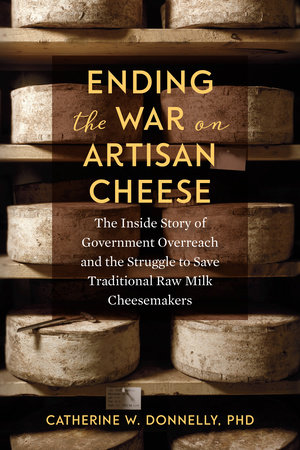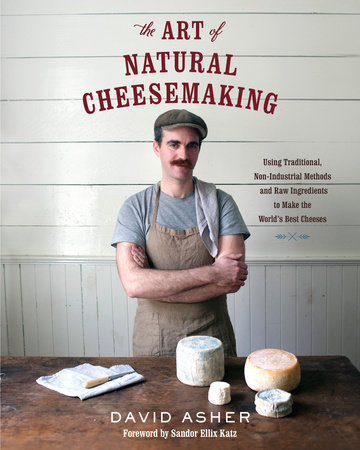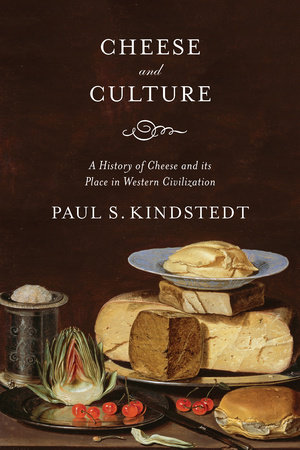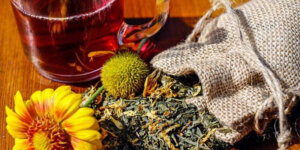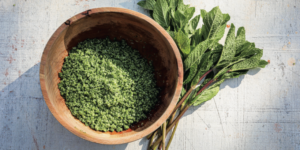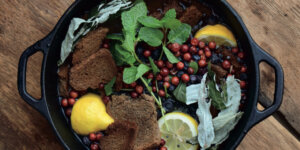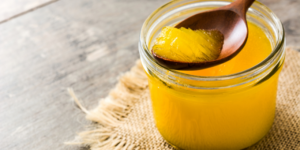Artisan Cheesemakers Unite!
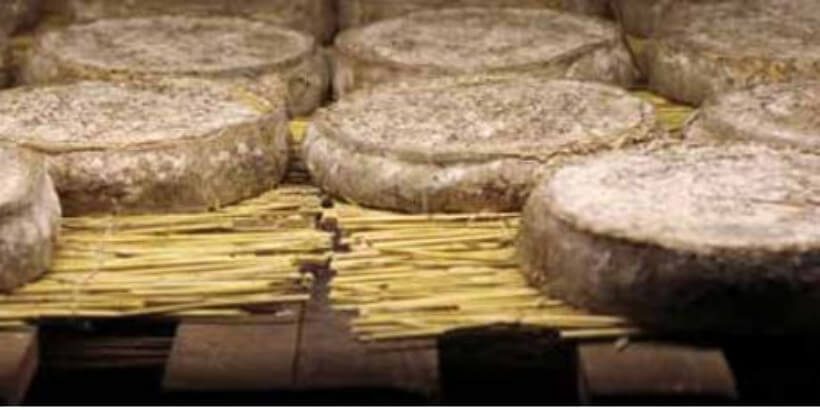
Over the past 35 years, the US Food and Drug Administration has pushed for a mandatory requirement for the use of pasteurized milk in cheesemaking, claiming a public health risk for raw milk cheese. This scenario is playing out abroad as well, where creameries are collapsing because they can’t comply with EU health ordinances. In Ending the War on Artisan Cheese, Catherine Donnelly defends traditional cheesemaking and exposes overreaching government actions that limit food choice under the guise of food safety. The loss of artisan cheese is tantamount to the loss of culture.
The following is an excerpt from Ending the War on Artisan Cheese by Catherine Donnelly from the Winter 2019 Seasonal Journal. It has been adapted for the web.
The debate over the safety of raw milk cheese has fiercely divided American cheesemakers and government regulators and outraged cheese lovers.
Currently, certain cheeses can only be legally manufactured from raw milk if they are aged for 60 days or longer. Aged cheeses have enjoyed a long and well-documented record of food safety, and the FDA’s attempts to mandate pasteurization of all milk intended for cheesemaking comes despite scientific evidence supporting this record of safety.
The FDA’s activity has escalated recently, with the establishment of stringent microbiological criteria that only cheeses made from pasteurized milk can easily meet. When artisan and farmstead cheesemakers voiced their concern . . . through their congressional representatives in late 2015, the FDA temporarily backed down, but these cheesemakers remain extremely fearful for their regulatory future.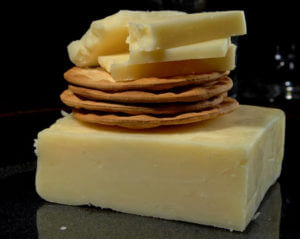
That is because, besides making our cheese more bland and the range of available cheese styles much narrower, a ban on raw milk cheesemaking would economically devastate nonindustrial cheesemaking in the US. This is particularly true in states like Vermont, New York, California, Washington, and Wisconsin, where artisan cheese producers use raw milk in the production of aged cheddar and other value-added cheeses. The artisan cheese renaissance is creating precious opportunities for small-scale dairy farmers and cheesemakers who are often in rural economies facing challenging times.
Jasper Hill Farm is one example of an artisan creamery that is flourishing in the Northeast Kingdom of Vermont, a region where, until recently, many barns hadn’t seen cows in 40 or 50 years because the low price of milk bankrupted farmers. If artisan and farmstead cheesemakers are not able to differentiate their products from industrial, pasteurized processed cheeses, things will head south for them once more.
Mateo Kehler, the cofounder of Jasper Hill, put his frustration bluntly in the foreword to The Oxford Companion to Cheese: “I used to believe that the greatest threat to our business was a microbiological threat but have learned the microbiological risk can be managed. I now believe the biggest risk to the cheeses that are the foundation of our business is a regulatory risk.”
Recommended Reads
Recent Articles
Unwind with a twist! Ditch the booze and elevate your evenings with this delightful herbal nightcap mocktail syrup. Relax before bed or spice up your tea time!
Read MoreSearching for a new way to utilize seasonings? Shake up your cooking routine with a fresh twist on salt and seasonings. Introducing… Mint Salt Recipe!
Read MoreWarm up from the inside out with Fire Cider! Great for stimulating digestion and warming you up from the inside out, no matter the season. It can be prepared in water or tea as desired.
Read MoreReady to shake up your fermentation game? Try making Kvass, the ultimate beginner-friendly recipe! This nourishing beverage calls for just a few simple ingredients and only takes a couple of days to ferment. It’s easy, delicious & perfect for beginners.
Read MoreStart your journey to making homemade ghee! Discover how to make this delicious staple and incorporate it into delicious recipes — like our Citrus-Glazed Chicken recipe. Get ready to level up your cooking game with homemade ghee!
Read More

